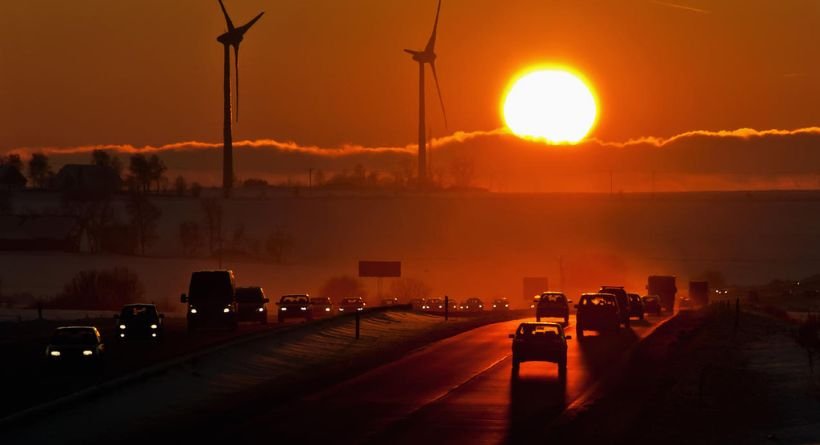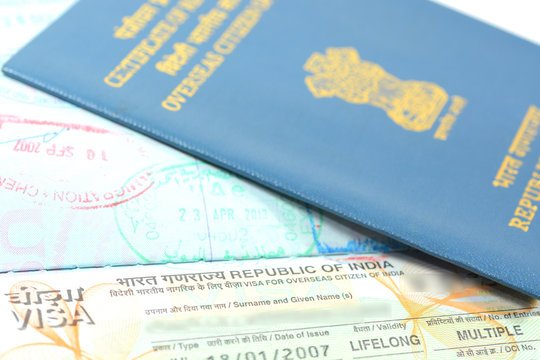What is Global Warming?
A rise in average temperatures throughout the globe is known as global warming. One or two centuries of observation have shown this phenomena. The planet’s climate has been thrown off by this shift. While the idea of global warming has its detractors, scientists have produced evidence to back up the claim that the Earth’s average surface temperature is steadily increasing.
Humans, plants, and animals all suffer as a result of global warming, which has several negative effects. They might have natural origins or be the result of human actions. It is crucial to comprehend the harmful effects of global warming if we are to take steps to mitigate the problems.
Also read: clermont twins before and after nose job
Causes of Global Warming
Overaccumulation of greenhouse gases (GHGs) including carbon dioxide (CO2), nitrous oxide (N2O), and methane (CH4) in Earth’s atmosphere is generally thought to be the root cause of global warming. It’s not always clear where the extra greenhouse gases originate from.
Burning Fossil Fuels:
Carbon dioxide (a significant greenhouse gas) is released into the environment when machinery that runs on coal, natural gas, or oil is used.
Deforestation:
When forests are cleared, the trees that normally function as a GHG filter are cut down, resulting in a net loss of oxygen and increased concentrations of carbon dioxide in the atmosphere.
Agricultural Practices:
Animal agriculture and the production of rice are two of the main contributors to the greenhouse gas emissions from today’s farms, which total more than 10 percent of all emissions from human activity.
Consumer Goods:
Greenhouse gas emissions rise because of the energy needed to produce and transport consumer products.
Mining:
Use of fossil fuels in production results in substantial greenhouse gas emissions.
Waste Disposal:
Toxic gases are released into the atmosphere during the decomposition of plastics and other non-biodegradable trash.
What are the other effects of global warming?
The terrible effects of global warming on people and the earth are becoming clearer as each year passes, and scientists learn more about the effects of warming each year. Communities are impacted and death tolls are rising as climate change-related heat waves, droughts, and floods become more frequent and severe. Scientists predict that by 2030, 100 million people would be living in extreme poverty because of climate change unless drastic measures are taken to curb emissions.
In the United States, global warming is already having an impact. Here is a small sample of what we might expect if we are unable to reduce our carbon footprint:
- Wildfires in the American West are becoming increasingly common as a result of melting glaciers, earlier snowmelt, and severe droughts.
- More coastal flooding is expected throughout the East Coast, particularly in Florida, and other locations like the Gulf of Mexico as a result of rising sea levels.
- New pests will be a problem in forests, farms, and towns, and heat waves, torrential downpours, and higher levels of floods are all on the horizon. Agriculture and fisheries are vulnerable to all of these factors.
- Many plant and animal species may become extinct if their coral reef and alpine meadow habitats were destroyed.
- Ragweed, a plant that produces pollen that may trigger allergic reactions and asthma attacks, will become more abundant as a result of increasing air pollution and a shift in environmental circumstances that is more conducive to the spread of disease-causing bacteria and mosquitoes.
Climate change affects everyone, but not everyone is affected in the same way. People of colour, indigenous people, and the poor are often the worst impacted. Despite contributing the least to climate change, these areas are more at risk from its harshest effects due to systemic inequalities in housing, healthcare, and the workforce.
Also read: loranocarter+oakland
How to Stop Global Warming
Some individuals can help reduce or even reverse global warming by doing things like utilizing green energy and making some little adjustments to their lifestyle.
Use Renewable Energy:
You may lessen your impact on the environment by switching to renewable energy sources like solar, wind, or hydro (and may lower your electricity bill).
Recycle:
Paper, plastic, metal, and glass should all be recycled at your local recycling centre, and food scraps should be composted if feasible.
Use Less Power:
When not in use, turn off lights and disconnect electronics.
Choose sustainable modes of transportation such as walking, bicycling, and carpooling, purchasing electric vehicles, or relying on public transit in place of driving alone to and from work each day.
Frequently Asked Questions
What is global warming?
The term “global warming” refers to the phenomena in which Earth’s average surface temperature rises over time. Greenhouse gases such as carbon dioxide, methane, CFCs, etc. are to blame.
What do CFCs stand for? What is the role of CFC in global warming?
Chlorofluorocarbons are another name for them. Because of the ozone layer, Earth’s surface is shielded from the sun’s potentially lethal UV rays. As a result of their use, CFCs deplete the ozone layer. Because of this, more ultraviolet light may reach Earth, raising temperatures and contributing to global warming.
How does global warming affect climate change?
The shift in weather patterns may be traced back to the accelerating effects of global warming. Increasing global temperatures may be attributed to human activities such as the use of fossil fuels, the destruction of forests, and other similar activities. High temperatures alter weather patterns, making dry regions dryer and rainy regions wetter. Consequently, natural calamities such as floods, droughts, etc., are occurring more often.






